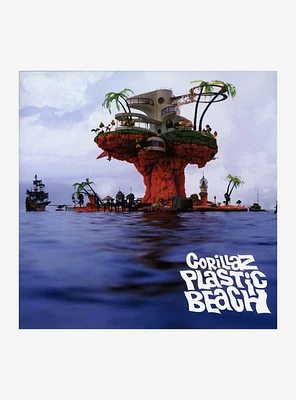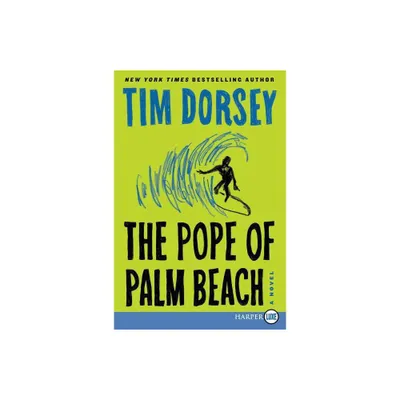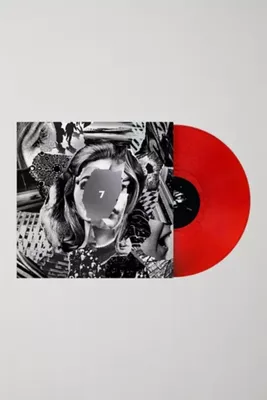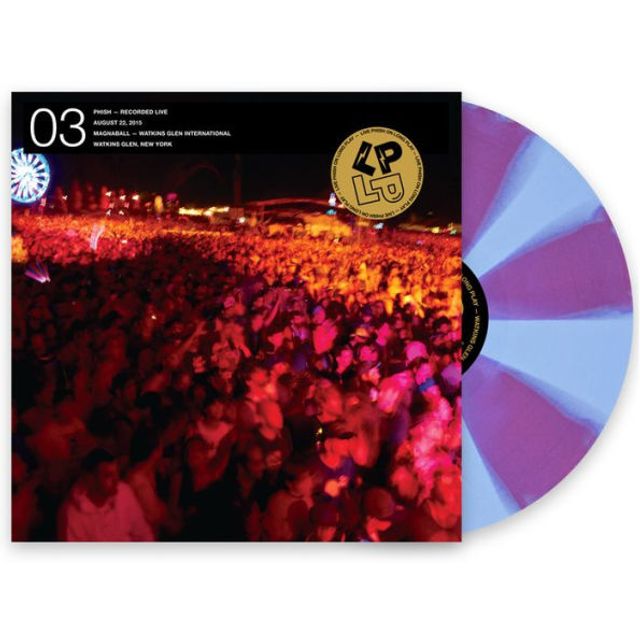Home
On the Beach [LP]
Loading Inventory...
Barnes and Noble
On the Beach [LP]
Current price: $12.99
![On the Beach [LP]](https://prodimage.images-bn.com/pimages/0093624938491_p0_v3_s600x595.jpg)
![On the Beach [LP]](https://prodimage.images-bn.com/pimages/0093624938491_p0_v3_s600x595.jpg)
Barnes and Noble
On the Beach [LP]
Current price: $12.99
Loading Inventory...
Size: CD
*Product Information may vary - to confirm product availability, pricing, and additional information please contact Barnes and Noble
Following the 1973
Time Fades Away
tour,
Neil Young
wrote and recorded an Irish wake of a record called
Tonight's the Night
and went on the road drunkenly playing its songs to uncomprehending listeners and hostile reviewers.
Reprise
rejected the record, and
Young
went right back and made
On the Beach
, which shares some of the ragged style of its two predecessors. But where
Time
was embattled and
Tonight
mournful,
was savage and, ultimately, triumphant. "I'm a vampire, babe,"
sang, and he proceeded to take bites out of various subjects: threatening the lives of the stars who lived in L.A.'s Laurel Canyon (
"Revolution Blues"
); answering back to
Lynyrd Skynyrd
, whose
"Sweet Home Alabama"
had taken him to task for his criticisms of the South in
"Southern Man"
and
"Alabama"
(
"Walk On"
); and rejecting the critics (
"Ambulance Blues"
). But the barbs were mixed with humor and even affection, as
seemed to be emerging from the grief and self-abuse that had plagued him for two years. But the album was so spare and under-produced, its lyrics so harrowing, that it was easy to miss
's conclusion: he was saying goodbye to despair, not being overwhelmed by it. ~ William Ruhlmann
Time Fades Away
tour,
Neil Young
wrote and recorded an Irish wake of a record called
Tonight's the Night
and went on the road drunkenly playing its songs to uncomprehending listeners and hostile reviewers.
Reprise
rejected the record, and
Young
went right back and made
On the Beach
, which shares some of the ragged style of its two predecessors. But where
Time
was embattled and
Tonight
mournful,
was savage and, ultimately, triumphant. "I'm a vampire, babe,"
sang, and he proceeded to take bites out of various subjects: threatening the lives of the stars who lived in L.A.'s Laurel Canyon (
"Revolution Blues"
); answering back to
Lynyrd Skynyrd
, whose
"Sweet Home Alabama"
had taken him to task for his criticisms of the South in
"Southern Man"
and
"Alabama"
(
"Walk On"
); and rejecting the critics (
"Ambulance Blues"
). But the barbs were mixed with humor and even affection, as
seemed to be emerging from the grief and self-abuse that had plagued him for two years. But the album was so spare and under-produced, its lyrics so harrowing, that it was easy to miss
's conclusion: he was saying goodbye to despair, not being overwhelmed by it. ~ William Ruhlmann
![King of the Beach [LP]](https://prodimage.images-bn.com/pimages/0767981122410_p0_v1_s600x595.jpg)




![Kid A [LP]](https://prodimage.images-bn.com/pimages/0634904078201_p0_v2_s600x595.jpg)
![Make It Be [LP]](https://prodimage.images-bn.com/pimages/0032862024214_p0_v2_s600x595.jpg)
![Don't Lose This [LP]](https://cdn.mall.adeptmind.ai/https%3A%2F%2Fprodimage.images-bn.com%2Fpimages%2F0045778739813_p0_v2_s600x595.jpg_640x.jpg)
![That's Where It's At! [LP]](https://prodimage.images-bn.com/pimages/0888072398092_p0_v1_s600x595.jpg)
![Who You Selling For [LP]](https://prodimage.images-bn.com/pimages/0888072003606_p0_v2_s600x595.jpg)
![Swear I'm Good at This [LP]](https://cdn.mall.adeptmind.ai/https%3A%2F%2Fprodimage.images-bn.com%2Fpimages%2F0888608667234_p0_v1_s600x595.jpg_640x.jpg)







